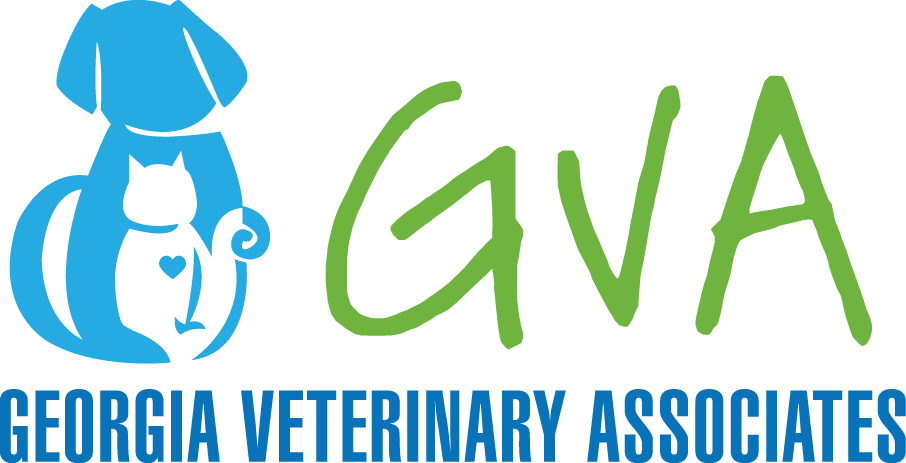What is kennel cough?
Infectious tracheobronchitis, also known as kennel cough, is any kind of infection which affects the trachea (windpipe) and bronchial tubes. Many different viruses and bacteria can cause kennel cough, and in some cases, dogs may have more than one type of infection at the same time.
What are the symptoms of kennel cough?
Kennel cough typically presents with a characteristic “goose honk” cough caused by inflammation and irritation of the windpipe. Some dogs will also have an exaggerated swallow, indicating a sore throat, or a runny nose and eyes. In some cases, kennel cough is accompanied by sneezing. Occasionally dogs will have decreased activity levels or decreased appetite. Most symptoms are mild, although coughing may persist for weeks after initial exposure.
How did my dog get kennel cough?
Most respiratory infections are highly contagious and are spread easily among dogs by coughing, sneezing, shared toys or bowls, or even casual contact. Young dogs, dogs with other respiratory diseases, or dogs in stressful conditions such as a shelter may be at increased risk.
My dog is vaccinated, why did they get kennel cough?
Although we have vaccines for a few of the common causes of kennel cough (Bordetella and Parainfluenza are included in most routine vaccination programs), there are many other types of infections that can cause similar signs. Even if your dog has been vaccinated, immunity may wane over time, although dogs with up to date vaccines will likely experience fewer symptoms and shorter duration of illness if exposed to one of those illnesses.
How is kennel cough treated?
Your veterinarian may prescribe an antibiotic if bacterial causes of kennel cough are suspected. They may also prescribe a cough suppressant to reduce the symptoms. It is important that there are no specific treatments for viral causes of kennel cough, and even with treatment, your dog’s cough may persist for 10 to 14 days.
Your dog should be reevaluated if the cough is lasting for more than 2 weeks, if your dog becomes more lethargic, is losing weight, or if your dog’s respiratory rate and effort are increased even when resting.
For a downloadable PDF version of our Kennel Cough handout, click here.
